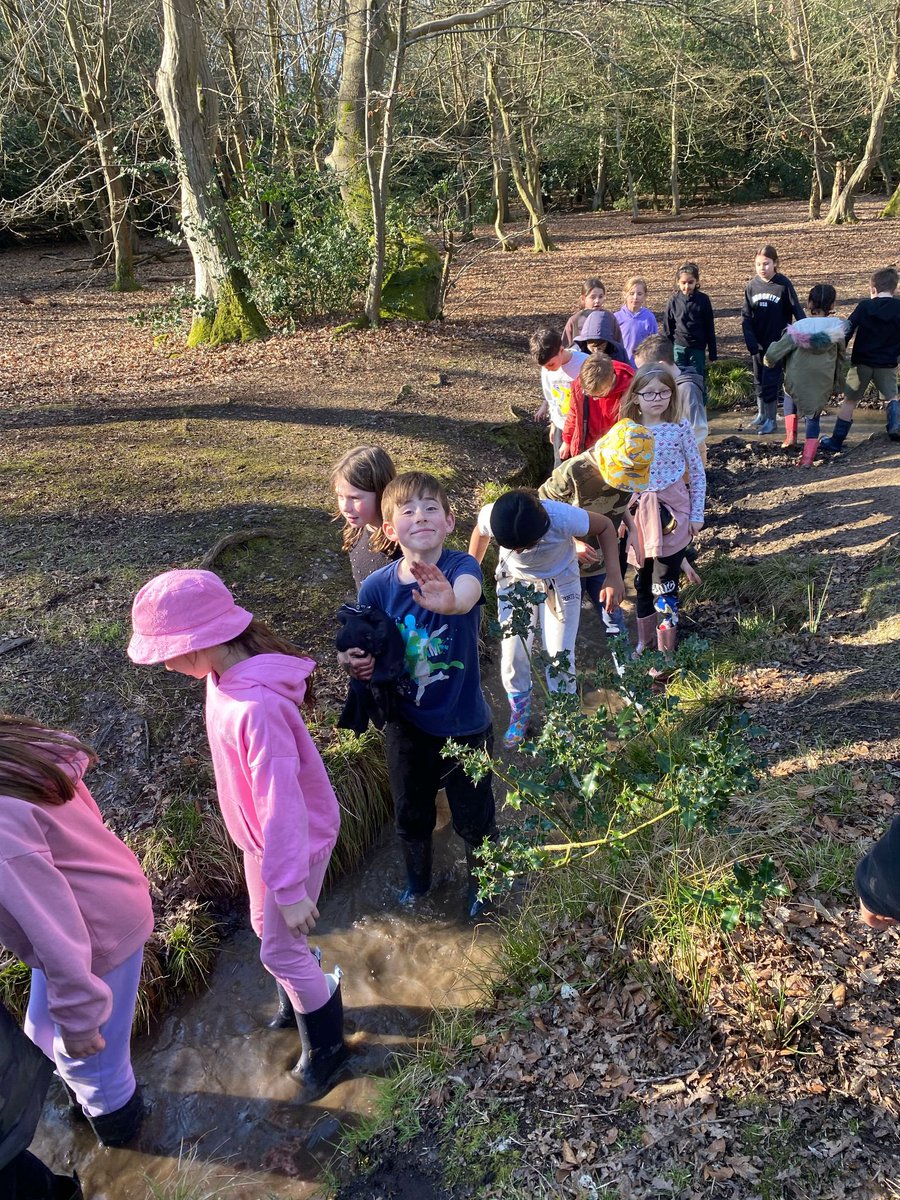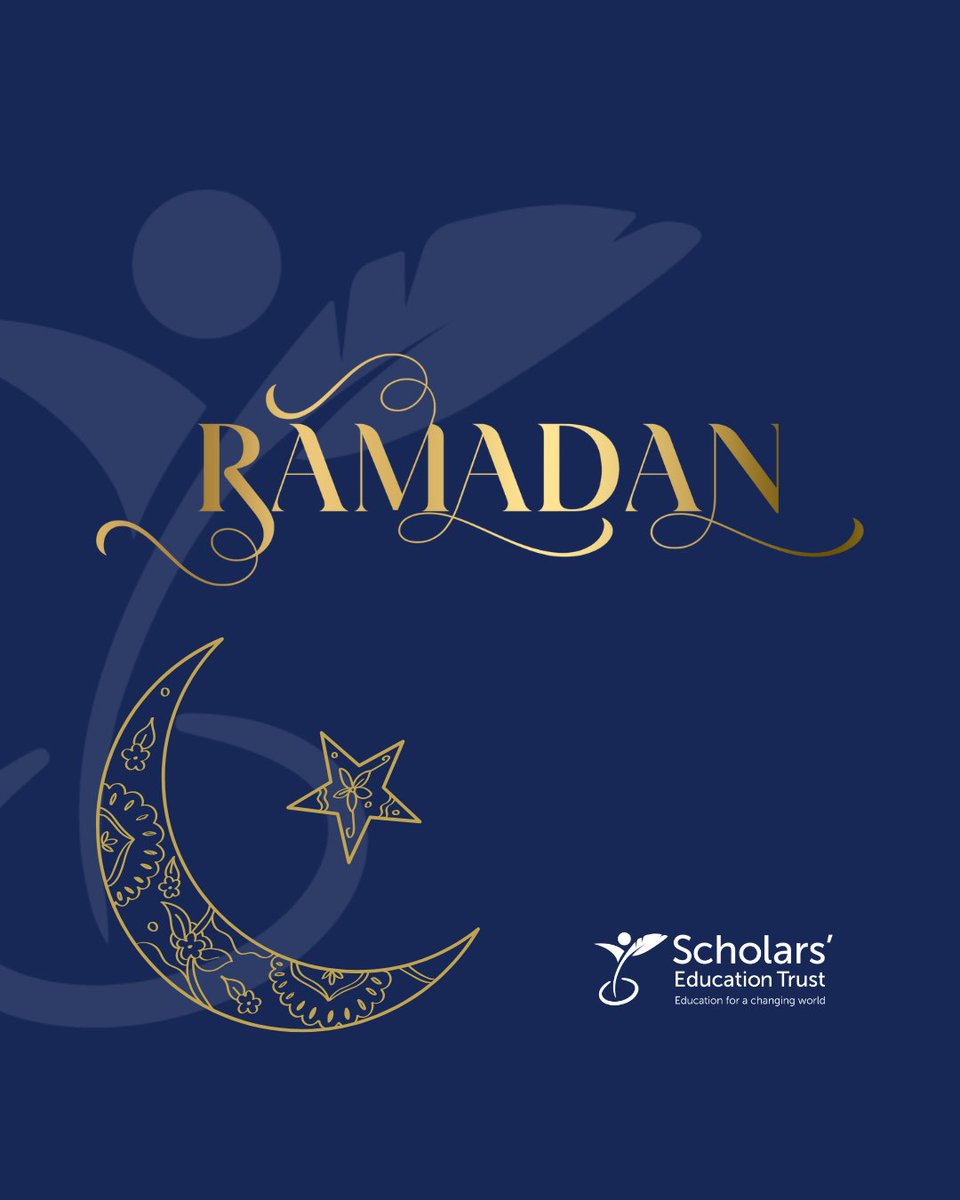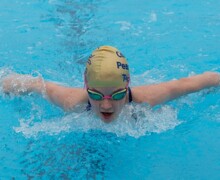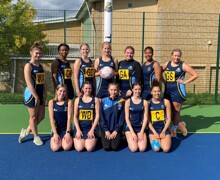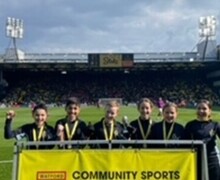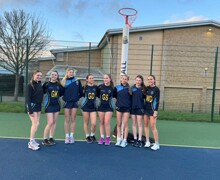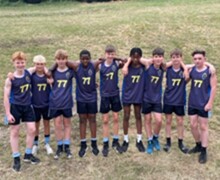Physical Education
Physical Education at Samuel Ryder Academy aims to develop pupils that are both physically and mentally healthy, conscientious and respectful, who take an active interest in sport and physical activity. Through a diverse and engaging, all through, curriculum, students learn how to develop and evaluate skills and techniques in a range of different activities as well as gaining vital experience in leadership, coaching and officiating. Students will develop competence to engage and excel in a variety of competitive physical activities as well as being capable of being physically active for sustained periods of time.
KS1
The KS1 curriculum is designed to introduce students to a range of fundamental movement skills and techniques that they can transfer into the sports and activities that they will experience in KS2.
Pupils will be taught to master basic movements including running, jumping, throwing and catching, as well as developing balance, agility and co-ordination, and begin to apply these in a range of activities. They will also participate in team games, developing simple tactics for attacking and defending. The students also develop personal skills such as creativity, ability to explore ideas, working in different groups, exploration of the movement and dance, teamwork and oracy opportunities that are underpinned by SCHOLAR.
As well as this they will gain opportunities to perform dances using simple movement patterns. In KS1 students receive 2 lessons of Physical Education per week. In addition to this they all receive a minimum of 5 weeks swimming lessons each year.
During their PE lessons pupils experience a variety of activities in line with the National Curriculum guidelines. There are also extra-curricular opportunities available in the summer term for students in KS1.
|
|
Autumn |
Spring |
Summer |
|
Year 1 |
Movement - Master basic movements including running, jumping through games and organised races. |
Gym and Dance - Perform dances using simple movement patterns and developing balance, agility and co-ordination through gymnastics. |
Games -Develop throwing and kicking accurately through use of target and aim games. |
|
Year 2 |
Games - Participate in team games, developing simple tactics for attacking and defending. |
Gym and Dance - Learning the different parts of a sequence to create their own. Awareness of rhythm, tempo and time. |
Summer sports - Develop the different types of jumps and learn the appropriate form for running/sprinting. |
Please click here for details of the Primary Uniform and PE Kit
KS2
The KS2 curriculum is designed to prepare students for KS3 by teaching them a range of skills and techniques that they can transfer into the sports and activities that they will experience in secondary school. Although, not all activities covered at KS2 will continue in KS3, our curriculum aims to provide a wide focus for all pupils to have the chance to experience and enjoy a variety of activities from each of the different sporting areas of the national curriculum.
In KS2 students receive 2 lessons of Physical Education per week. In addition to this they all receive a minimum of 5 weeks swimming lessons each year. During their PE lessons pupils experience a variety of activities in line with the National Curriculum guidelines. These activities include; invasion games such as football, hockey, netball, tag rugby and handball. They also participate in dance and gymnastics lessons as well as athletics and striking games including; cricket, rounders and tennis. During these activities’ students are also encouraged to develop as a SCHOLAR through their leadership skills through outdoor adventurous activities. There is a full extra-curricular programme available at KS2 which changes on a termly basis which provides opportunities for students to explore their curiosities. Pupils in years 4, 5 and 6 also have the chance to participate in competitive fixtures in a range of sports including; football, netball, rugby, athletics, basketball, swimming and rounders.
Linear learning from KS4 (GCSE PE) is introduced to the KS2 curriculum to enhance higher order thinking, curiosity and oracy through questioning techniques.
|
|
Autumn |
Spring |
Summer |
|
Year 3 |
Games - Play competitive, modified games where appropriate such as basketball, football and netball (Games). |
Gym and Dance - Learning the different parts of a sequence to create their own. Awareness of rhythm, tempo and time. |
Summer sports - Link running, hopping and jumping actions using different take offs and landings. Throw a variety of objects changing action for accuracy and distance. |
|
Year 4 |
Games - Application of basic principles suitable for attacking and defending within team games. |
Gym and Dance - Complete balances with increasing stability, control and technique. |
Summer sports - Throw with some accuracy and power towards a target area. Begin to co-ordinate their body at speed in response to a task. |
|
Year 5 |
Games - Link dribbling the ball with other actions with increasing control. |
Gym and Dance - Combine action, balance and shape to make complex extended sequences with and without a partner. |
Summer sports - Show accuracy and power when throwing and jumping for distance. |
|
Year 6 |
Games - Use a variety of dribbling to change the direction of play with control under pressure. Catch and intercept a ball using one or two hands. Effectively create and use space for others. |
Gym and Dance - Perform dances confidently and fluently with accuracy and good timing. |
Summer sports - Perform jumps for height and distance using good technique. Show accuracy and good technique when throwing for distance and fielding games. |
KS3
Physical Education at Key Stage 3 is taught in single sex classes. Students are put into sets based upon ability in order to ensure that they get the best support to aid their development. These groups are reviewed on a termly basis. Students in year 7 receive three fifty-minute lessons per week with year 8 and 9 getting 2. These lessons attempt to engage the students in a variety of activities to make them aware of their full potential. The activities that are covered include: boys' and girls' rugby, boys' and girls' football, hockey, netball, handball, badminton, basketball, gymnastics, dance, athletics, netball, tennis, rounders, and health related fitness. Students are taught a wide variety of skills including how to work independently and as part of a team in a sporting environment. They learn to evaluate their own and others strengths and weaknesses through new technologies using the OneNote app on the iPads to develop their core skills. This allows the students to then make informed choices about their options at year 8 and 9. In year 9 students can choose PE as an option as well as continuing with core PE. Within lessons students are taught key concepts and information to develop higher order thinking that provides and prepares them should they wish to study GCSE PE at Key stage 4 as well as developing core aspects that are underpinned by SCHOLAR. There is also the opportunity to develop their leadership qualities through our leadership units delivered in year 7, 8 and 9. These aim to teach and develop our students about how to become successful young leaders. Students involved in this programme work closely with our primary students in running team practices and competitions. Students use the OneNote app on their iPads to reflect, self and peer assess during and at the end of each unit of work. During the leadership unit in year 8 students develop a number of skills including social development.
|
|
Autumn |
Spring |
Summer |
|
Year 7 |
Games - Taught to use a range of tactics and strategies to overcome opponents in direct competition |
Gym and Dance - perform dances using advanced dance techniques within a range of dance styles and |
Summer sports - take part in outdoor and adventurous activities which present intellectual and physical |
|
Year 8 |
Games - Outwit an opponent, problem solving, challenges, making and |
Gym and Dance - practice/rehearse moves in |
Summer sports - Adapt and change technique and identify |
|
Year 9 |
Sport Academy project (PE option) - Skeletal and muscular system. Components of fitness. |
Sports magazine (PE option) - short- and long-term effects of exercise. Cardiovascular and respiratory system. |
Prison break project (PE option) Ethical issues in sport. |
KS4
All students at Key Stage 4 continue to have two fifty-minute core PE lessons per week. These activities are designed to help students find appropriate pathways into sport in the community that they can continue to participate in when they leave school. These include pathways that focus on; competition, recreation, health and fitness and leadership. These options include the traditional games and activities but also offer more unique activities such as yoga, wellbeing, handball, volleyball and table tennis. For those with a particular interest in Physical Education, GCSE PE is offered from year 10, which is a further three fifty-minute lessons per week. Our exam board is OCR. The qualification is broken down into 60% theory, for which there are two written exams, and 30% practical (students will be assessed in three activities as a performer – this must include one team sport and one individual performance). The final 10% comes from a coursework piece which analyses a performance within one of their specific activities. Students use the OneNote app on their iPads to for all lessons, in particular for completing and receiving feedback on their ‘Assessment and Evaluation of Performance’ coursework.
Alongside preparing students for their GCSE examinations, the KS4 curriculum looks to offer students an education in healthy living and the importance of maintaining an active lifestyle, as well as offering an insight into further studies in our sixth form. This is achieved through a wide range of activities, trips, workshops and external agencies, all to provide students with an engaging curriculum that can be tailored towards their own needs and interests. These opportunities also allow students to sample aspects of what PE will be like at KS5, including our A-level pathway and Sports Academies in Rugby and Netball which is underpinned by SCHOLAR. Part of the non-assessed work is the AEP written piece which develops students’ reflection skills as well as enabling them to become engaged members of society through the sports and society unit looking at diversity and inequality in sport.
Awarding body: OCR. Specification number: J587
OCR GCSE (9-1) Physical Education Specification J587 - Version 1.7 (January 2024)
|
|
Autumn |
Spring |
Summer |
|
Year 10 |
GCSE - Applied anatomy and physiology - skeletal, muscular, cardiovascular and respiratory system. |
GCSE - Physical training - training methods and principles of training. Socio-cultural influences - factors affecting participation of sport. |
GCSE - Sports psychology - Health, fitness and well-being. |
|
Year 11 |
GCSE -Evaluation and analysis of performance NEA. |
GCSE - Exam preparation. |
GCSE - Exam preparation. |
Beyond GCSE
At KS5, students will continue with core PE during Wednesday afternoon lessons where they are given the choices to participate in a range of activities both in school and off-site.
At Key stage 5, students also have the chance to study A-Level Physical Education. Our exam board is OCR. During this course they will receive 6 lessons per week to cover the Physiological factors affecting performance, Socio-cultural issues in physical activity and identify the sport and psychological factors affecting performance of the course. This will be delivered by 3 members of staff, each delivering a different aspect of the course across 2 lessons a week. Digital technologies are used in all A level PE lessons, with all resources, assessment and feedback being shared via OneNote.
The course is split into 3 exams (one for each topic), with the Physiological factors affecting performance topic being worth 90 marks compared to the other two aspects being worth 60 marks. Students will also be assessed practically in one sport as either a player or coach, this will be marked out of 30 marks. The remaining 30 marks are awarded for the evaluative talk that each student has to make on an unseen performance in their chosen activity. The students work through new concepts in year 12 building on from GCSE and further develop their critical understanding of A Level PE year 13 aimed to develop their personal skills in areas such as successfully working independently, understanding the physiological, psychological and social factors affecting sport, working together as a team, giving critical feedback, problem solving techniques, communicating ideas, presentation skills and developing their use of new technologies in the sport industry, which in turn develops their SCHOLAR skills further in preparation for the next step. Part of the non-assessed work is the EAPI spoken piece which develops students’ reflection, aspiration and oracy skills.
Awarding body: OCR. Specification number: H555
OCR AS and A Level Physical Education NEA Guide
Students who are part of one of our Sports Academies will also receive additional lessons each week. These sessions are focused upon developing students understanding and performance in their chosen sport. These sessions will include work such as; coaching and officiating, charity work, diet and nutrition, strength and conditioning and specialist coaching from our partners.
Wider Curriculum Opportunities and Careers
We offer a range of opportunities as part of the wider curriculum including; an extensive extra-curricular provision providing over 300 fixtures and over 90 clubs (rugby, football, netball, tennis, athletics, dance etc), trips to local universities, professional sports teams training facilities, sports tours, seminars and an annual ski trip. Students have access through the Unifrog platform and the school website to access super curriculum tasks including a research, creative and oracy tasks.
In KS5, students have the chance to apply for one of our 3 Sports Academies; Rugby (in association with Saracens RFC), Netball (in association with Saracens Mavericks) and football (in association with Watford Community Educational Trust). For more information regarding our Sports Academy, please click below:
Careers
Physical Education provides a natural route into higher education for courses such as Foundation Degrees and Honours Degrees in sport science related disciplines or physiotherapy related careers. The skills learnt on the course can also be transferred for other careers such as the uniformed services, teaching, physiotherapy, sports development, media analyst, reporter, osteopathy, sports management, personal training and many more.
House Events
There are a number of sporting house events for students to achieve individual and team success such as house badminton, house swimming gala, house dance, house games week and sports day.
Digital reading lists
Leisure and Class in Victorian Britain















